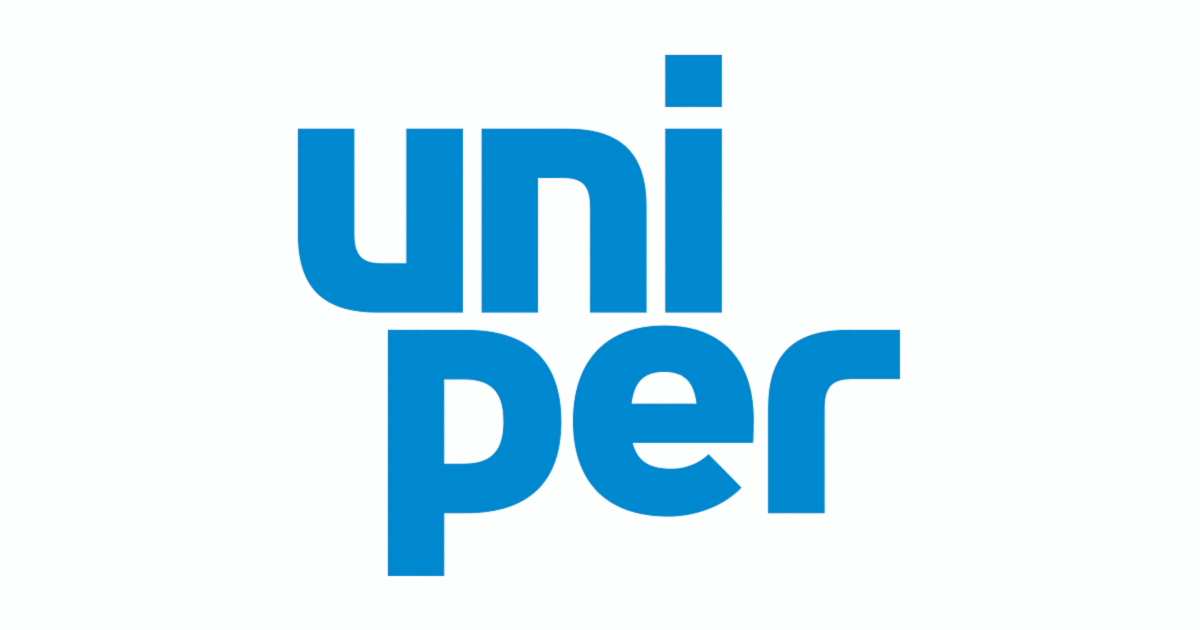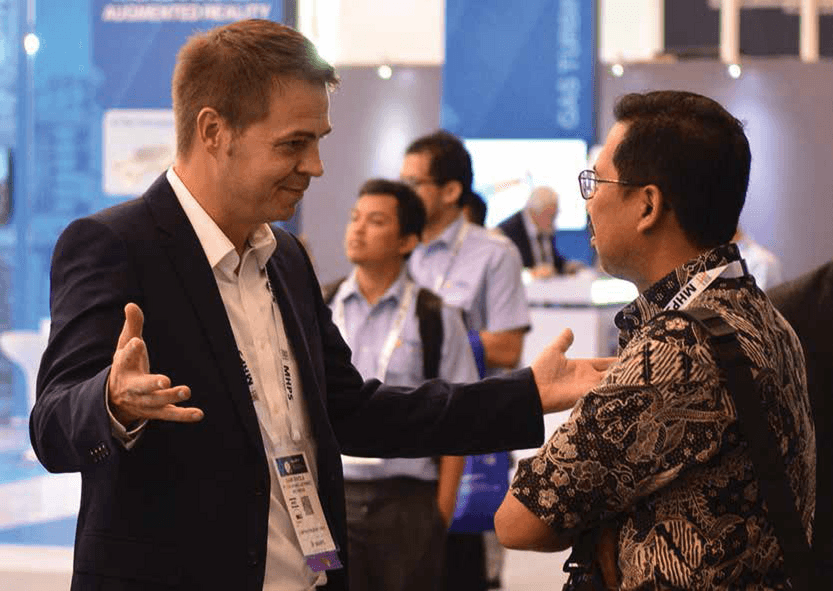Doug Waters, Global Director & Animesh Kumar, Regional Director - Uniper

Q: The Indian government’s vision is to create a modern power system in India that is low-carbon, highly efficient, smart and interconnected, and most importantly provides power to all of its citizens. What in your view, are the main challenges to achieving this vision, and how might they be overcome?
A: As part of the energy transition in the country, renewable penetration will see the existing asset base of mostly coal fired assets move from base load operation to running flexibly.
Renewable energy rich states like Andhra Pradesh, Karnataka, and Rajasthan will need highest flexibility. Plants with high marginal cost of generation would face significant demand to operate flexibly to ensure better integrations of renewable energy into the grid
This will require changes in the O&M strategies deployed on sites to manage the new operating regime and the risks and opportunities available.
Operating flexibly requires a significantly higher level of competence than for steady-state operation. To achieve this an operator development program will be needed.
The UK and Europe have already gone through this change, and have insights and experience that can be leveraged across the regions to help evolve asset management and operations without the need for large capital investment projects.
Q: What do you see as the main opportunities for your company or organisation as India transitions its power sector?
A: Firstly, we are an owner and operator with a successful portfolio of 34GW across Europe, and an International client base for our engineering consultancy, so we genuinely know what it takes to operate and maintain assets in challenging market conditions.
By managing our own portfolio to support the integration of renewables, we have in-depth experience of successfully transitioning plants to operate flexibly. Flexible operations is not about CAPEX, it’s a change management programme, that we understand, and as an operator, we know how to apply at the least cost and impact on your assets, without a big investment programme.
Last year, our solutions delivered an average 56% rate of return on investment across 20GW of external clients fleet worldwide. Through our Indian subsidiary, we’re delivering engineering excellence and digital-based solutions to support the energy transition across the region.
Q: In your particular field what do you see as the major trends over the next 5-10 years?
A: Alongside the continued growth of renewables, and the demand for existing generation assets to decarbonize, successful operators will need to adapt operating and management regimes to be more resilient in a rapidly changing environment.
There is an opportunity to leverage the experience from other markets, where plants have successfully demonstrated they can successfully reduce minimum load to 35%, improve ramp rates and/or, two shift to minimize renewables curtailments.
In addition, new operational strategies will see the need for a significantly higher level of staff competence than for steady-state operation. To achieve this operator development programs will be needed to upskill on-site engineering teams for flexible operation and new trials, plus management culture changes to share best practise across teams and reduce shift to shift variations.
Q: What projects or initiatives are you involved in or are aware of that you see as extremely important in developing the power sector in India and why?
A: We’re most excited about the digitization of the power sector. Most of the necessary data to run a power plant more profitably already exists. But there’s a vast amount of data to understand and analyze, and the manual processes and effort involved in compiling data into longer period reports – weekly, monthly or quarterly – are considerable, involving the high cost of human resources. As the complexity of the systems in power stations increases, engineers, asset managers, and plant managers are looking to improve poor process efficiency, reducing the high costs fuel, consumables, spare parts and maximizing the potential of their workforce.
Our digital solution – Enerlytics is built on a strong engineering base, to provide a complete, 360-degree view of the entire plant and provide decision support to owners and operators adapting to changing needs of the market.
Q: You will be presenting/participating in a panel discussion at POWERGEN India | Indian Utility Week | DISTRIBUTECH India. What insight can you provide on the topics you will be covering and the key learning points?
A: Digital technology is transforming the energy sector (and bringing with it wide-ranging changes). The IIoT promises to digitalise much of the world’s industrial processes, including an overhaul of physical infrastructure in the utilities sector (such as power generation, transmission & distribution). This brings with it both enormous opportunities (operational & societal) and major challenges (interoperability & regulatory)
The main issue is that digital means different things to different people and getting value out of digital in amongst all the buzzwords and promises is the key challenge facing any power plant owner and operator. Uniper has developed meaningful and proven digital tools for its own power plants which have demonstrated a measurable step change in performance
Q: Finally, if you could change anything about India’s energy sector, what would it be (please provide your top three changes)?
A: India is facing a trilemma situation of providing reliable and secure energy supplies to its people at an affordable price whilst at the same time playing its part in resolving the climate crisis. It does this from the challenging position of massive domestic coal reserves and little natural gas, however with huge potential for renewables and new technologies such as hydrogen. With this in mind the 3 things that would be useful to change for electricity are:
- Move away from baseload PPAs to a more market-based system that rewards the most efficient and flexible fossil generation through a combination of capacity payments and exchanges
- Incentivising the development of new technology in India such as hydrogen and hybrid grids
- Making the power industry the best career choice for bright Indian engineers and science


